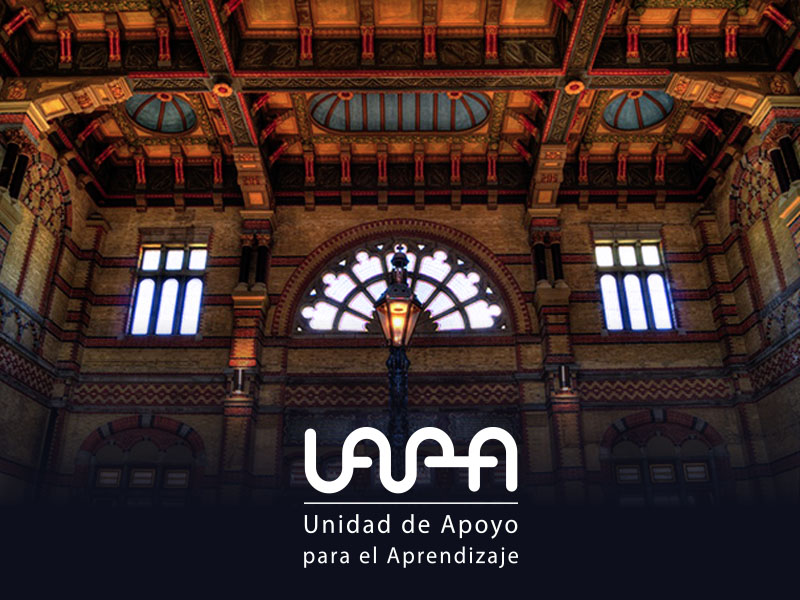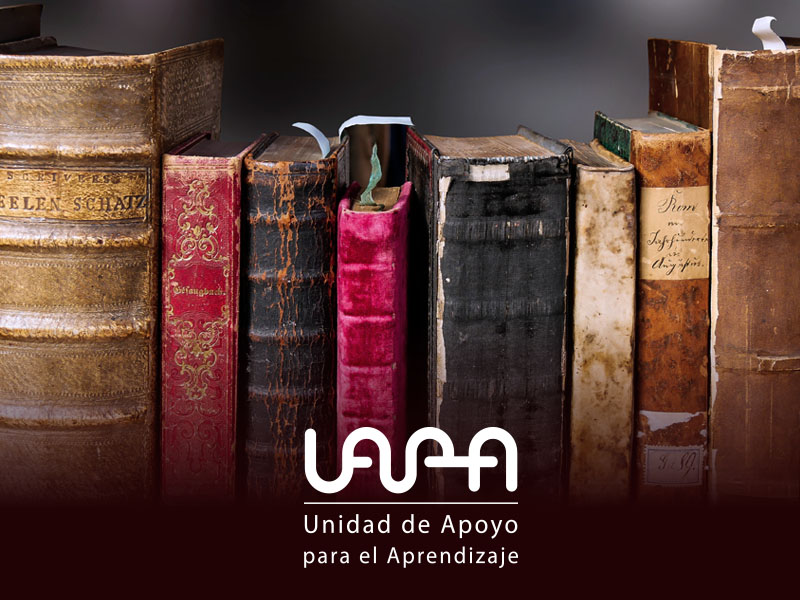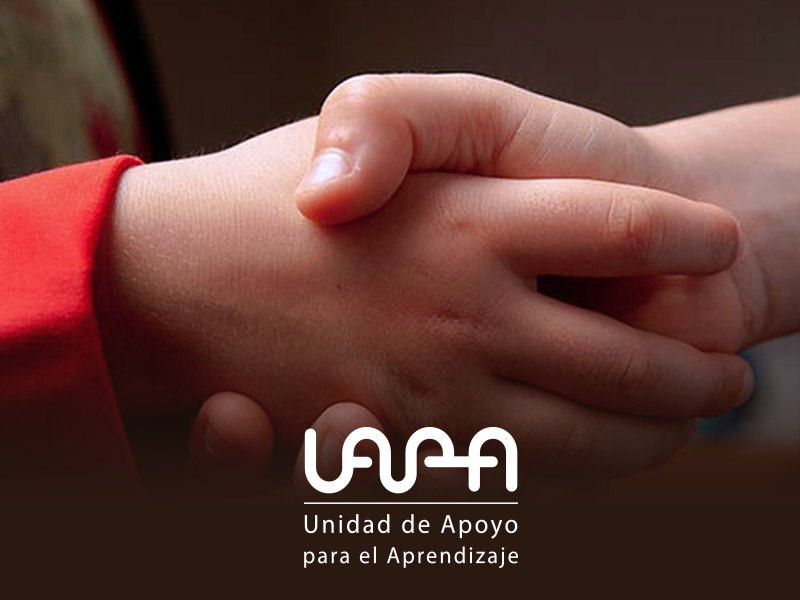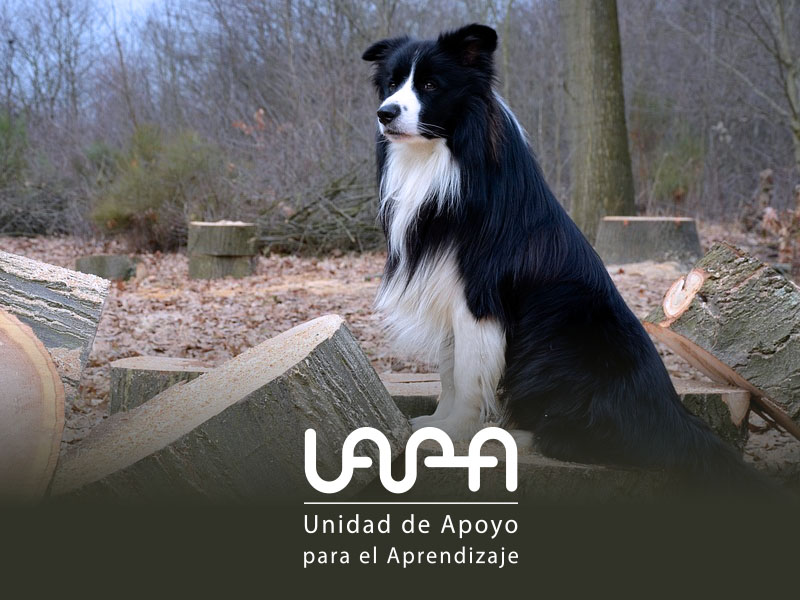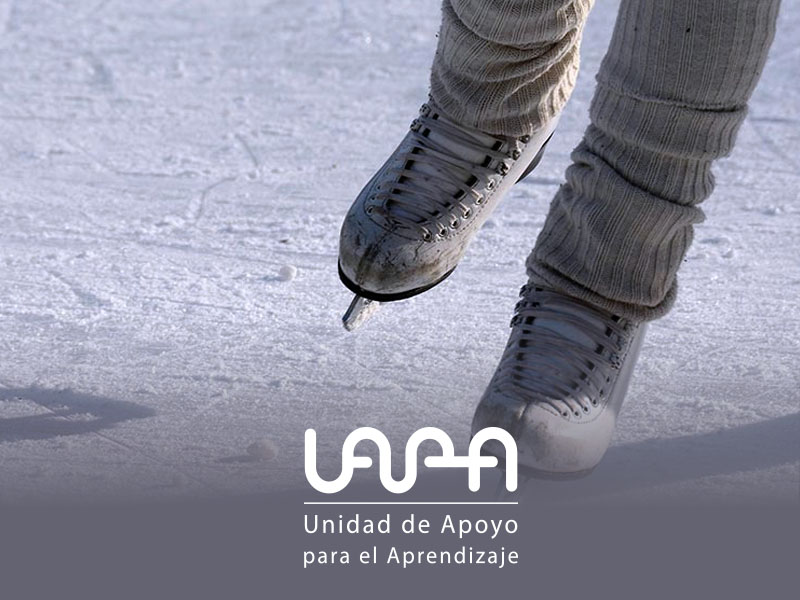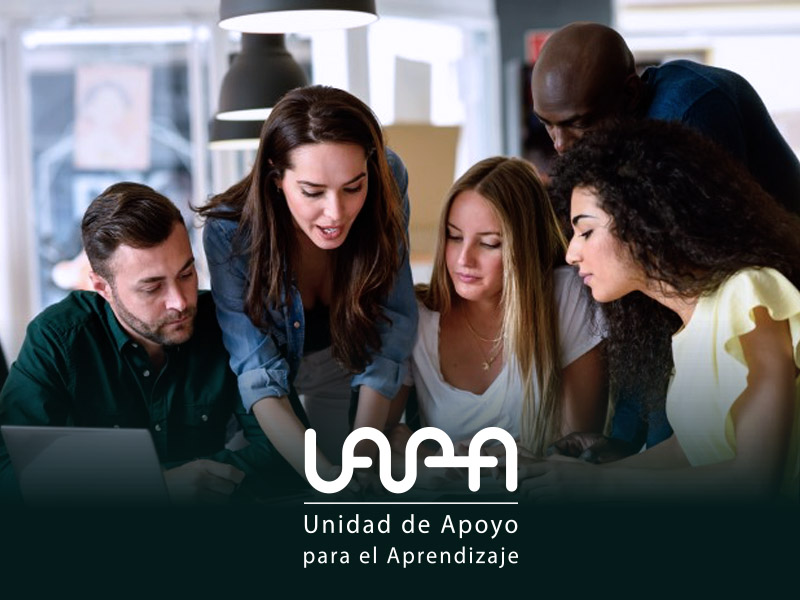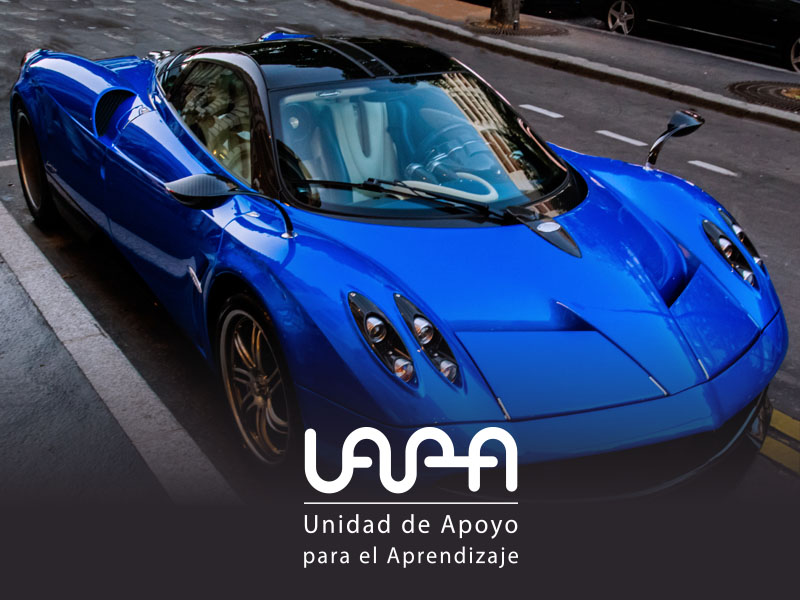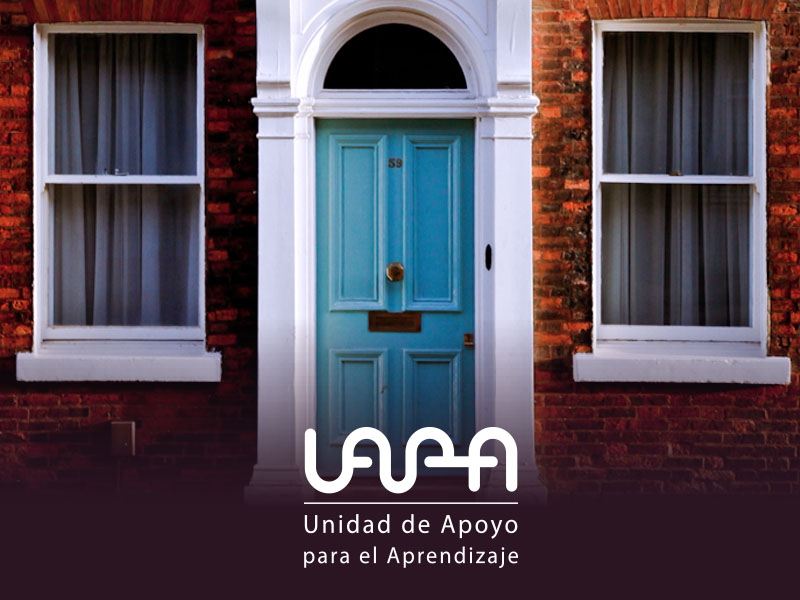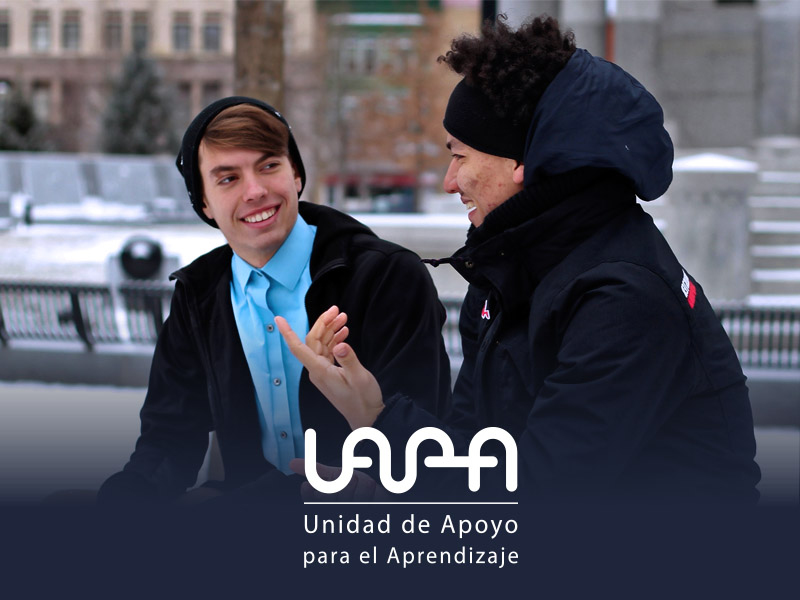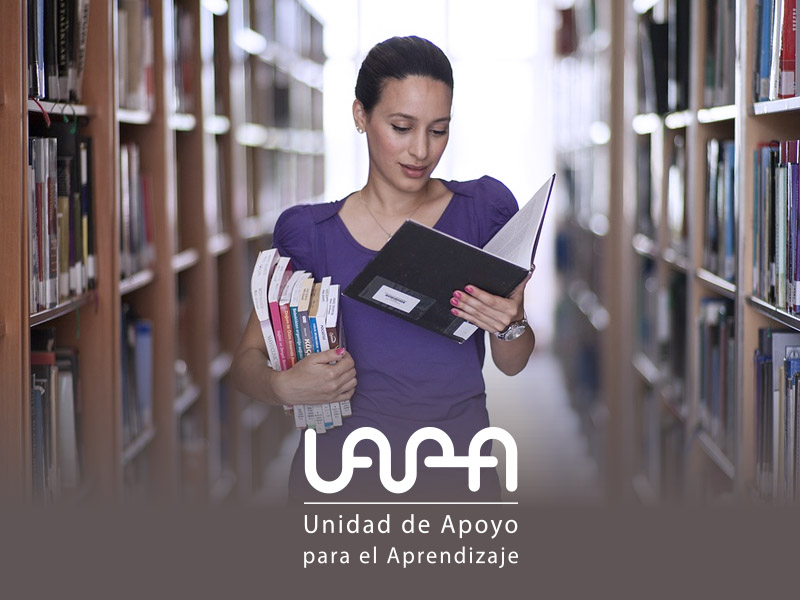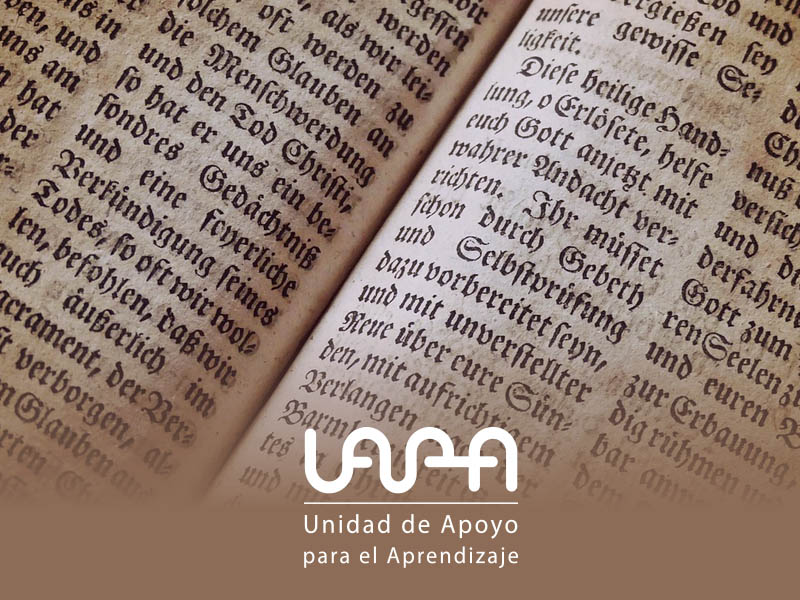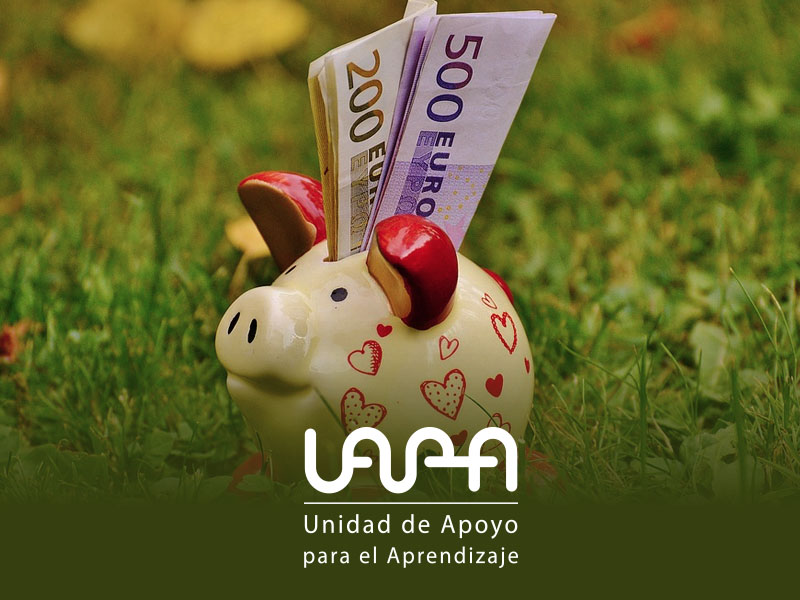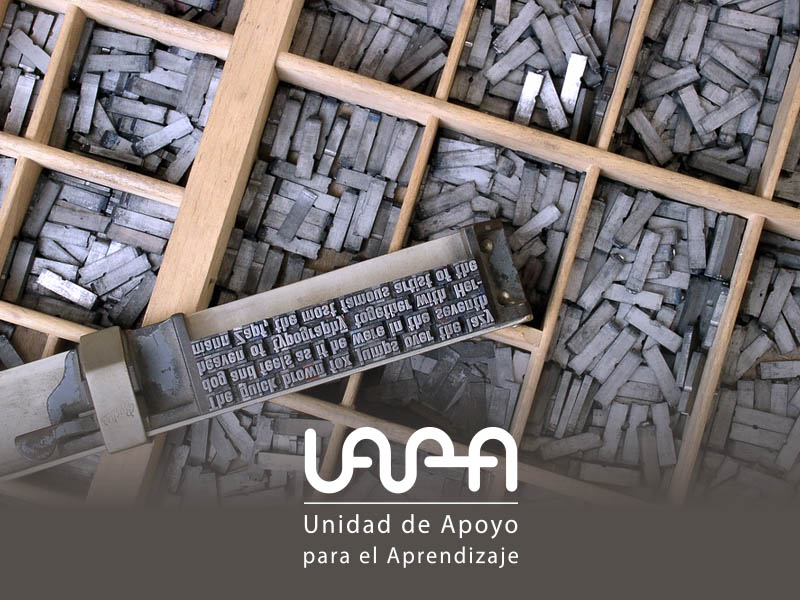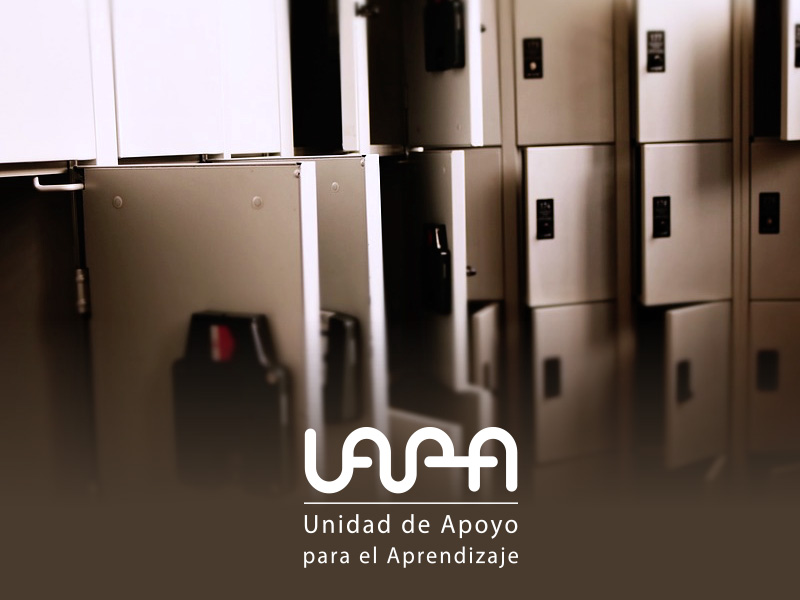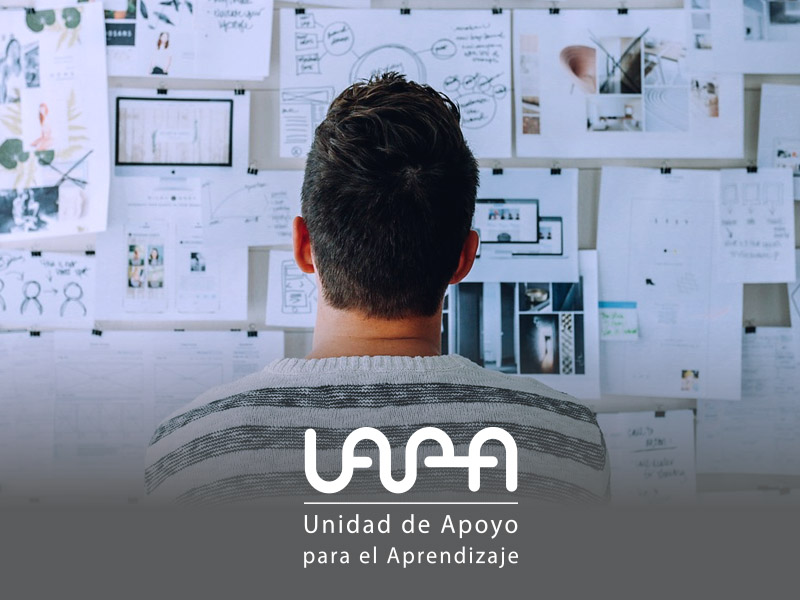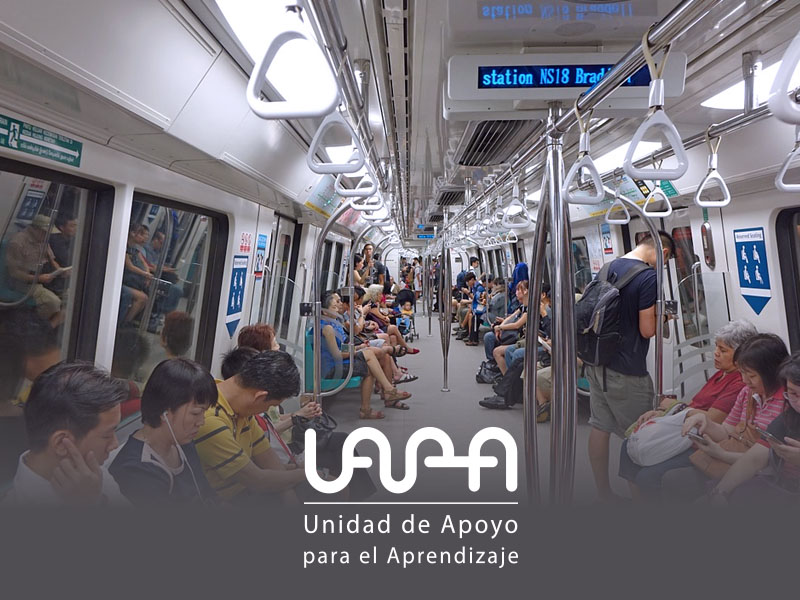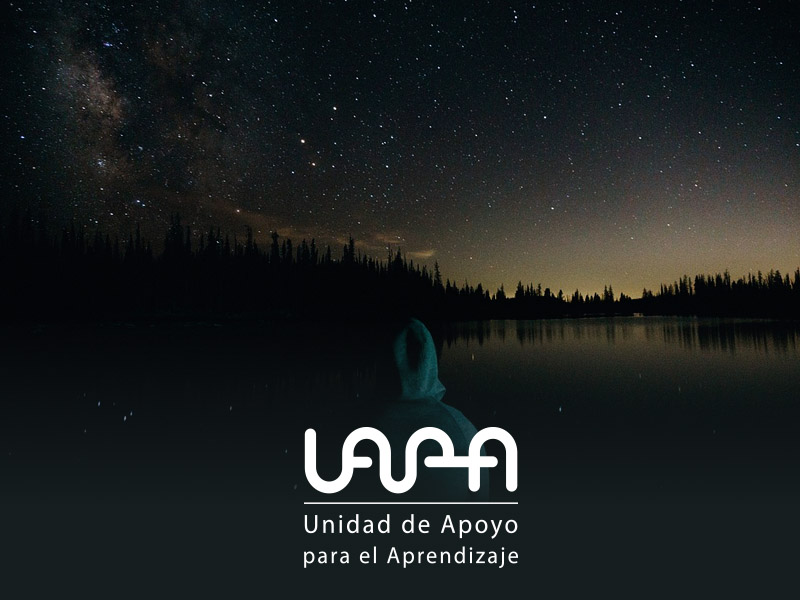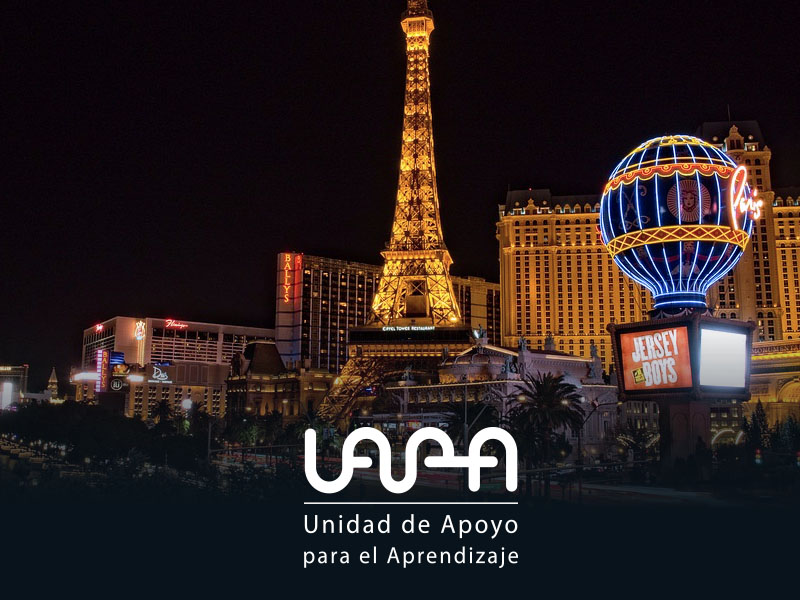
Verbos y formas modales (may have, might have, must have)
¿Has experimentado momentos en los que no sabes qué es lo que está pasando con tus colegas, amigos, profesores, miembros de tu familia u otras personas? ¿Los has visto después de llegar tarde a algunos lugares o después de tener un accidente? La mayoría de las veces nos preguntamos qué es lo que les podría haber pasado. Así que, en esta unidad aprenderás a cómo expresar todas esas deducciones que puedes tener para saber qué podría haberles sucedido, pudiera haberles sucedido o debió haberles sucedido a esa gente que tú conoces. Have you experienced moments when you don’t know what is happening with your colleagues, friends, teachers, family members or other people? Have you seen them after arriving late to some place or after having an accident? Most of the times we wonder what might have happened to them. So, in this unit you will learn how to express all those deductions you can have to know what may have happened, might have happened or must have happened to those people you know.
Formular deducciones sobre el pasado con diferentes grados de asertividad a partir de los verbos modales may have, might have y must have; para expresarlos en la vida diaria. You will be able to formulate deductions about the past in different degrees of assertiveness based on the modal verbs must have, may have, and might have to express them in your daily life.
